On August 14, 1990, Bishop Alexander Muge tragically died in a road accident after his car collided with a truck near Kipkaren in the Uasin Gishu district.
At the time of the accident, Muge was serving as the Bishop of the Eldoret Diocese in the Anglican Church of Kenya (formerly known as the Church of the Province of Kenya, or CPK). He had been the first bishop of this diocese since June 5, 1983.
Before his untimely demise at the age of 44, Bishop Muge was a vocal critic of President Daniel Arap Moi’s administration. He was returning from a visit to Busia, a trip he undertook despite having received prior threats.
While driving back to Eldoret, his diocesan headquarters, he was involved in a fatal collision with a milk truck near Kipkaren.
Bishop Muge Dies Following a Road Accident
Before his death, Kenya’s Minister of Labour, Peter Okondo, had warned him to stay away from Busia, stating that he would not leave the district alive if he dared to go there.
“He will not leave Busia alive if he dares set foot there,” Okondo declared.
In a defiant public statement, Bishop Muge responded that he was prepared to die during his visit, declaring, “My innocent blood will haunt (Okondo) forever and he will not be at peace, for God does not approve murder.”
Following his death, many in the Anglican Church, civil society groups, and community leaders expressed deep suspicion that the crash was not an accident, given that Muge had received threats from the Labor Minister before his death.
In response to the public outrage surrounding the cleric’s death, the Attorney General ordered an inquest.
Also Read: Today in History: Bumula MP Wakoli Bifwoli Walks Around Parliament Shouting “Awori is a Dictator”
However, the inquest was not considered truly independent because it took place under the Moi government, which was accused of being involved.
The inquest concluded that the death was an accident, with the milk truck driver, Niconari Munai Omukoba, charged with reckless driving and sentenced to seven years in prison. The driver’s death in prison after five years further eroded public trust in the investigation, as no clear evidence of foul play was made public.
In 2012 while appearing before the Truth, Justice and Reconciliation Commission (TJRC), former intelligence officer James Lando Khwatenge claimed that Bishop Alexander Muge was killed by security agents, with the fatal road crash staged to mask the killing.
Former Special Branch Officer Alleges Bishop’s Death Was Planned
A former intelligence officer claimed that the late Anglican bishop Alexander Muge was While testifying before the Truth, Justice and Reconciliation Commission (TJRC), James Lando Khwatenge, who served in the Special Branch now called National Intelligence Service (NIS)in Eldoret during the period, said a team was dispatched from Nairobi specifically to eliminate the bishop.
Lando stated that Muge’s death was the result of a secret police operation called, “Operation Shika Msumari.”
He alleged that powerful KANU politicians used earlier threats from Labour Minister Peter Okondo, who had warned Muge not to enter Busia—as an excuse.
Also Read: Today in History: When Kibaki Fired All Cabinet Ministers, Including Raila
The former intelligence officer explained, “Okondo made those comments to show his support for the Nyayo regime, but others took advantage of them to carry out their own plans.”
While traveling from Busia, Muge perished in a crash near Kipkaren in Uasin Gishu. Lando testified that police officers who had been trailing him contacted Nairobi shortly afterward to confirm the mission was complete.
He said a constable involved in the incident later disclosed the details to him at a local bar in Eldoret known as Mahindi Bar, and he relayed this information to TJRC chair Berhanu Dinka during the hearing.
To date the, “road accident” that the bishop was involved in still remains a mystery.
Follow our WhatsApp Channel and X Account for real-time news updates.
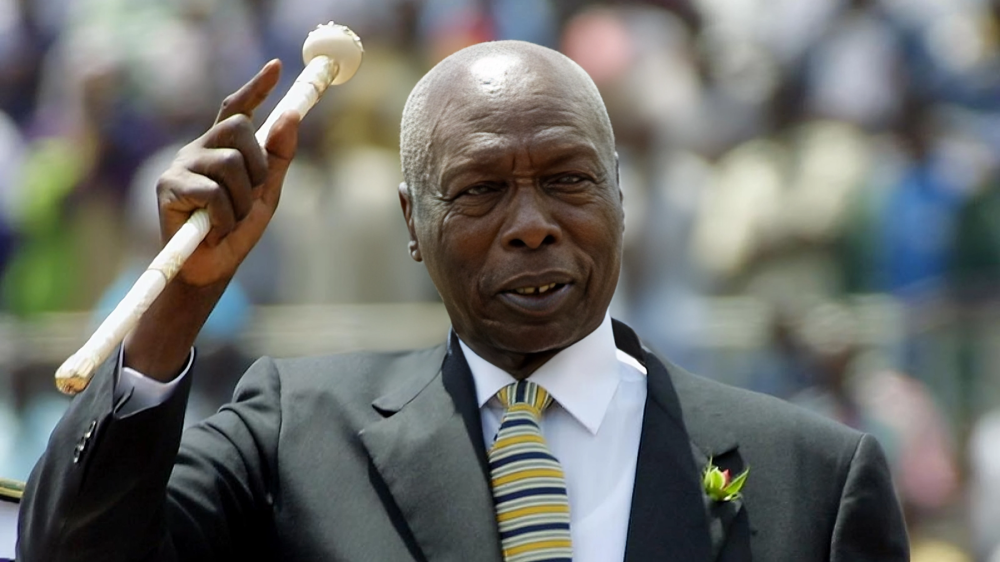

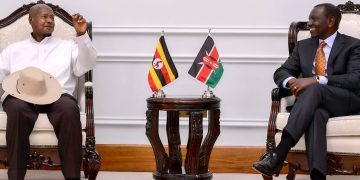
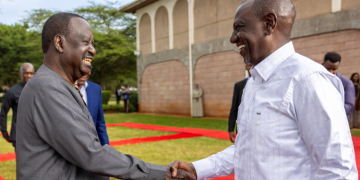
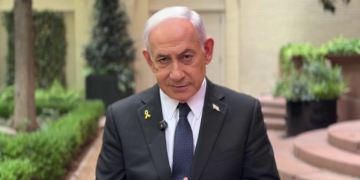
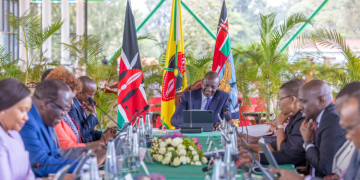
![President Ruto Address During Mashujaa Day And How He Honored Raila [Full Text Speech] President Ruto Address During Mashujaa Day And How He Honored Raila [Full Text Speech]](https://thekenyatimescdn-ese7d3e7ghdnbfa9.z01.azurefd.net/prodimages/uploads/2025/10/ruto-mashujaa-address-360x180.jpg)
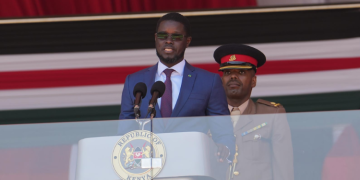










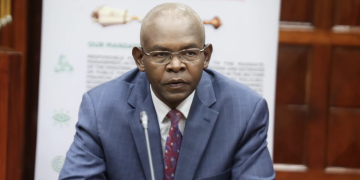
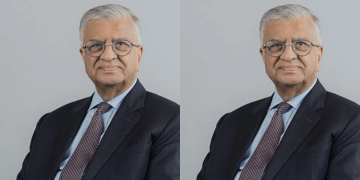
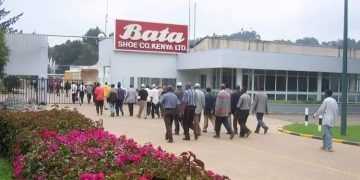





















































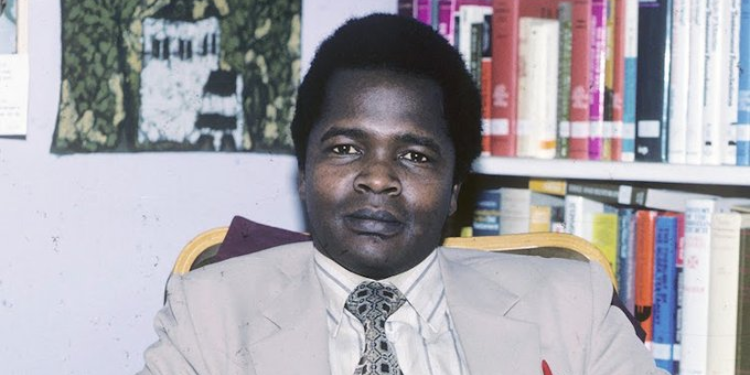


![Kipruto Arap Kirwa'S Recalls His Interactions With Raila Odinga In Kibaki'S Cabinet [Video] Kirwa Has Defended Mwangaza Saying He Can Vote For Her.](https://thekenyatimescdn-ese7d3e7ghdnbfa9.z01.azurefd.net/prodimages/uploads/2023/10/Former-UDA-Vice-Chairman-Kipruto-Arap-Kirwa.jpg)
